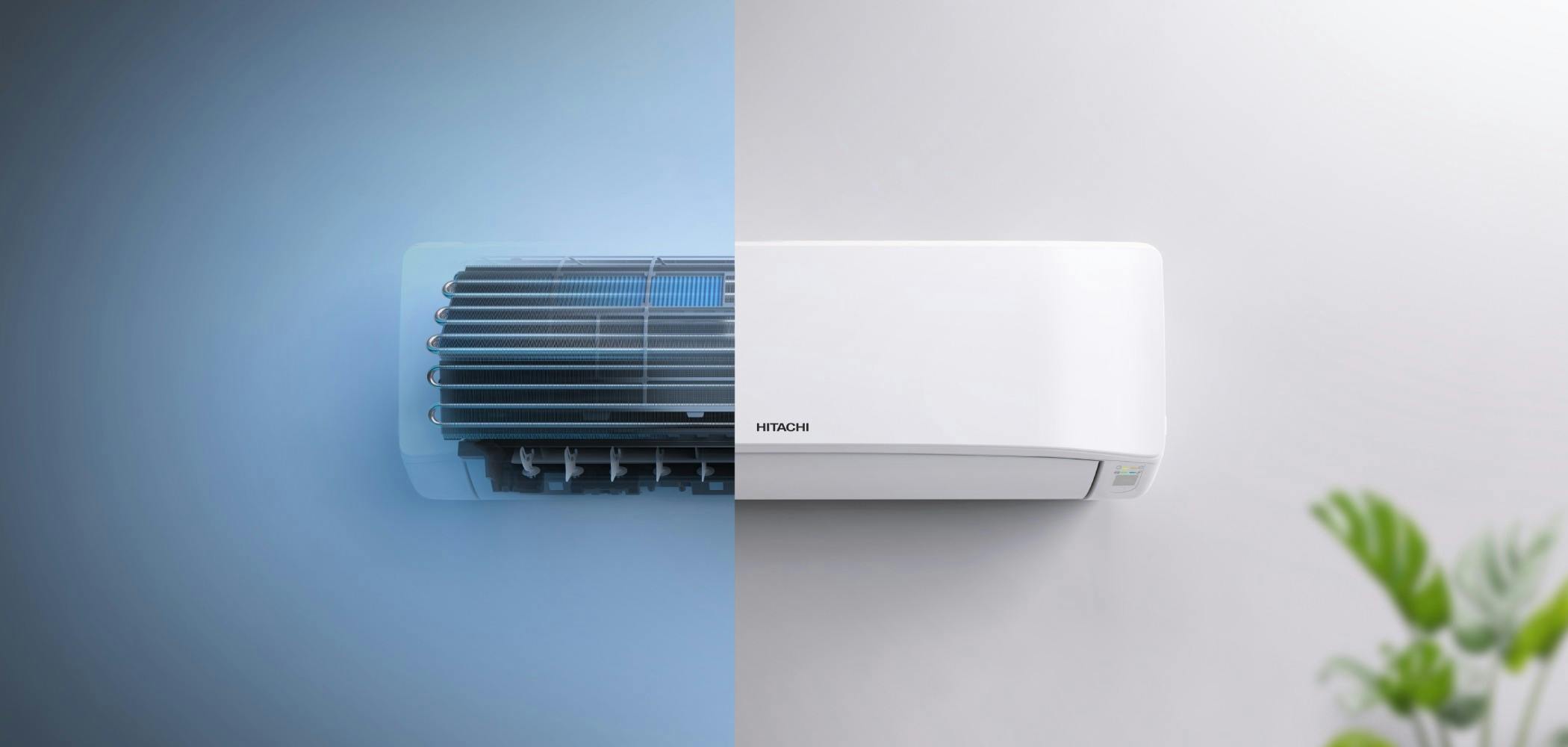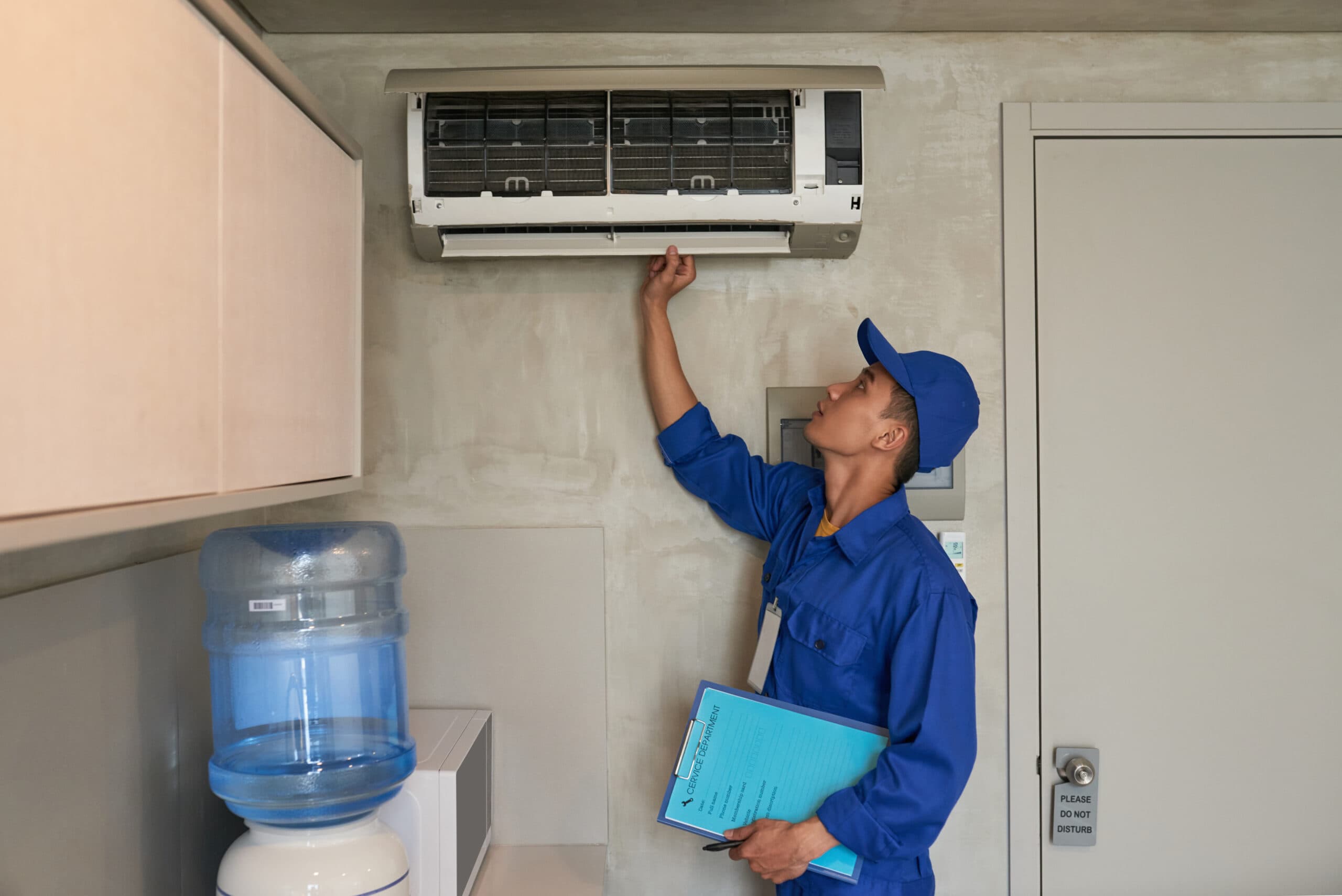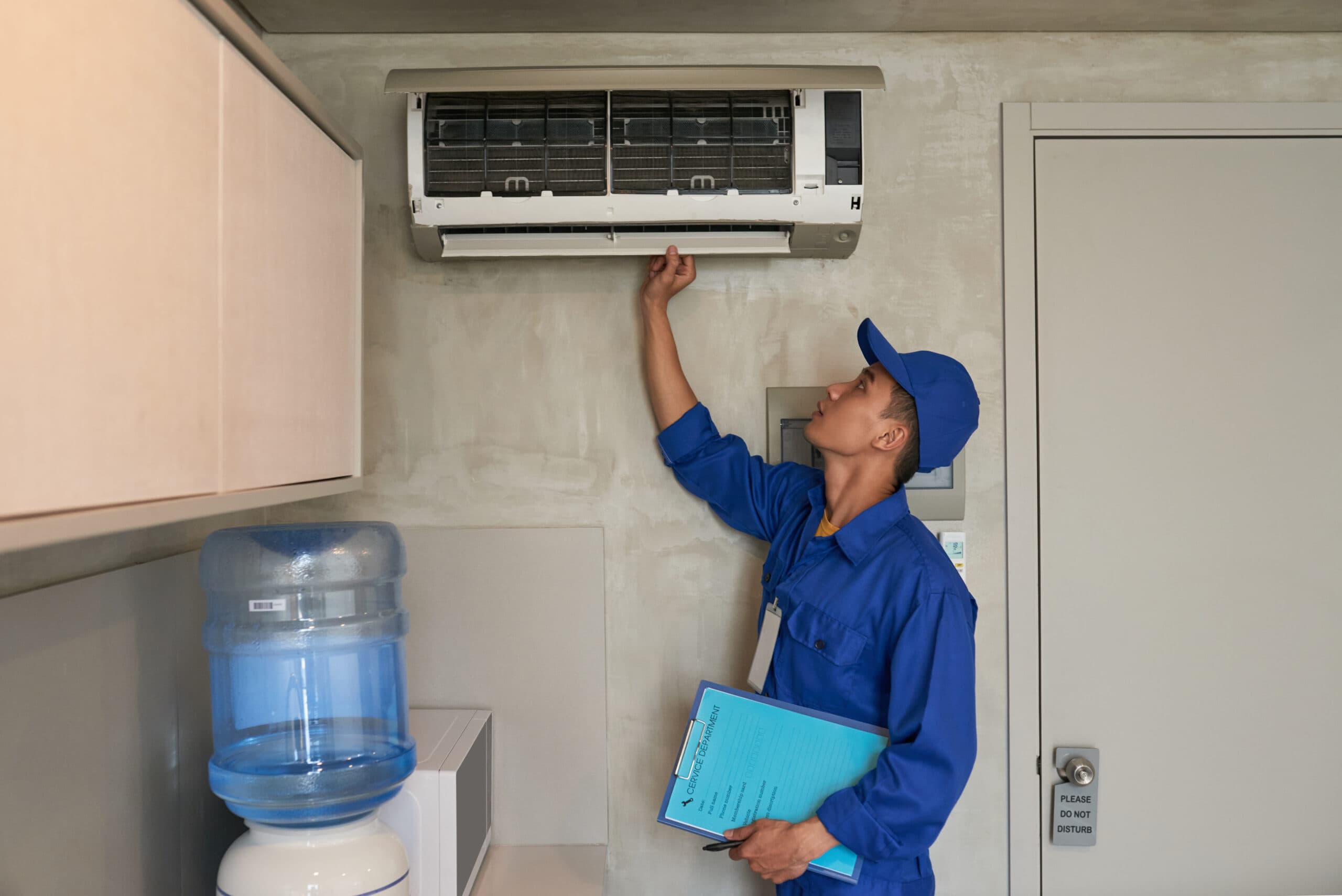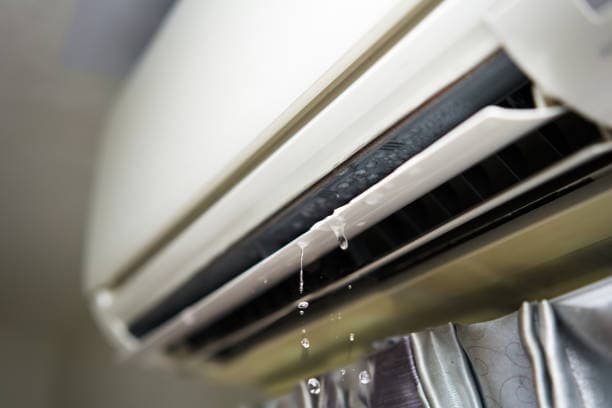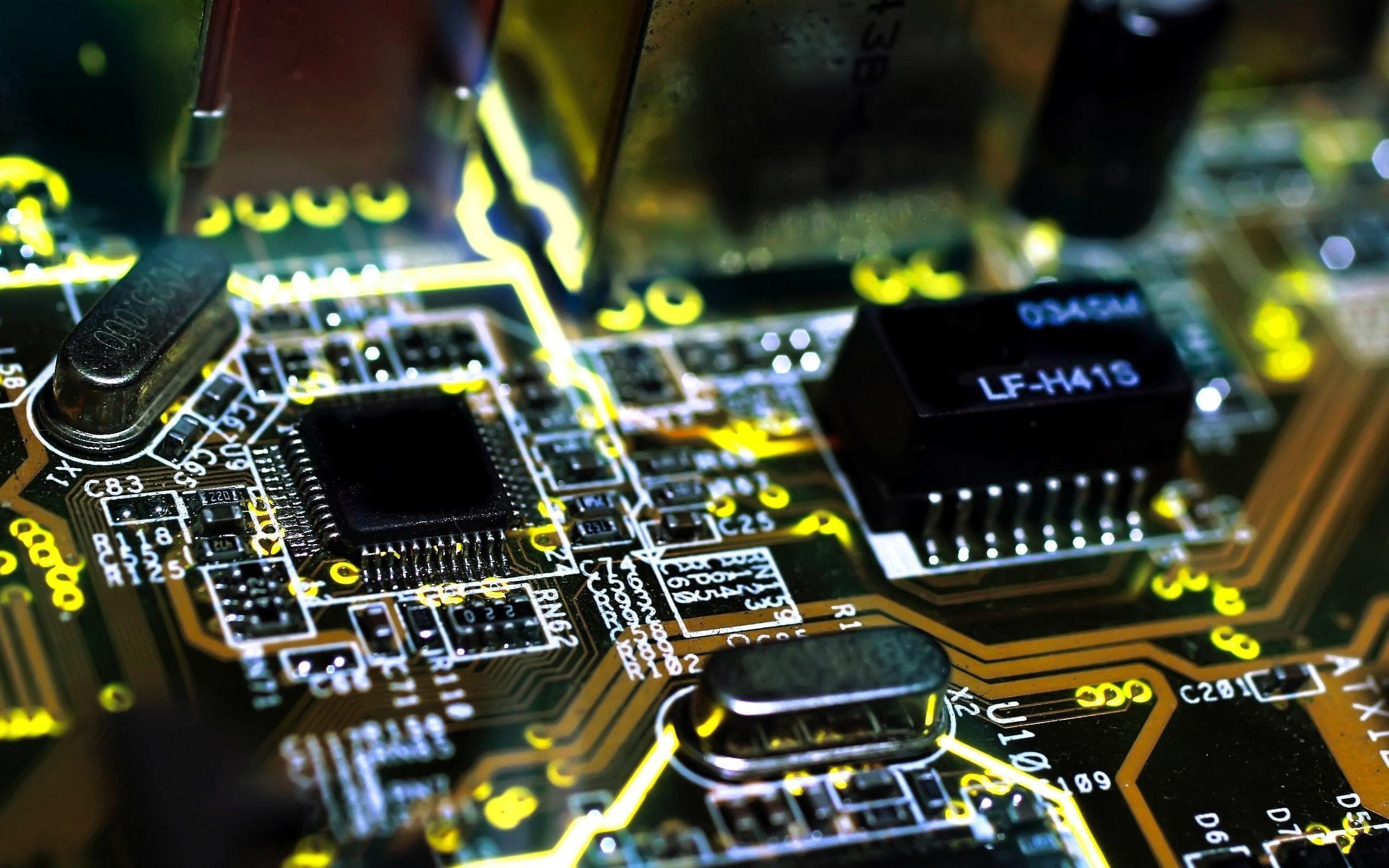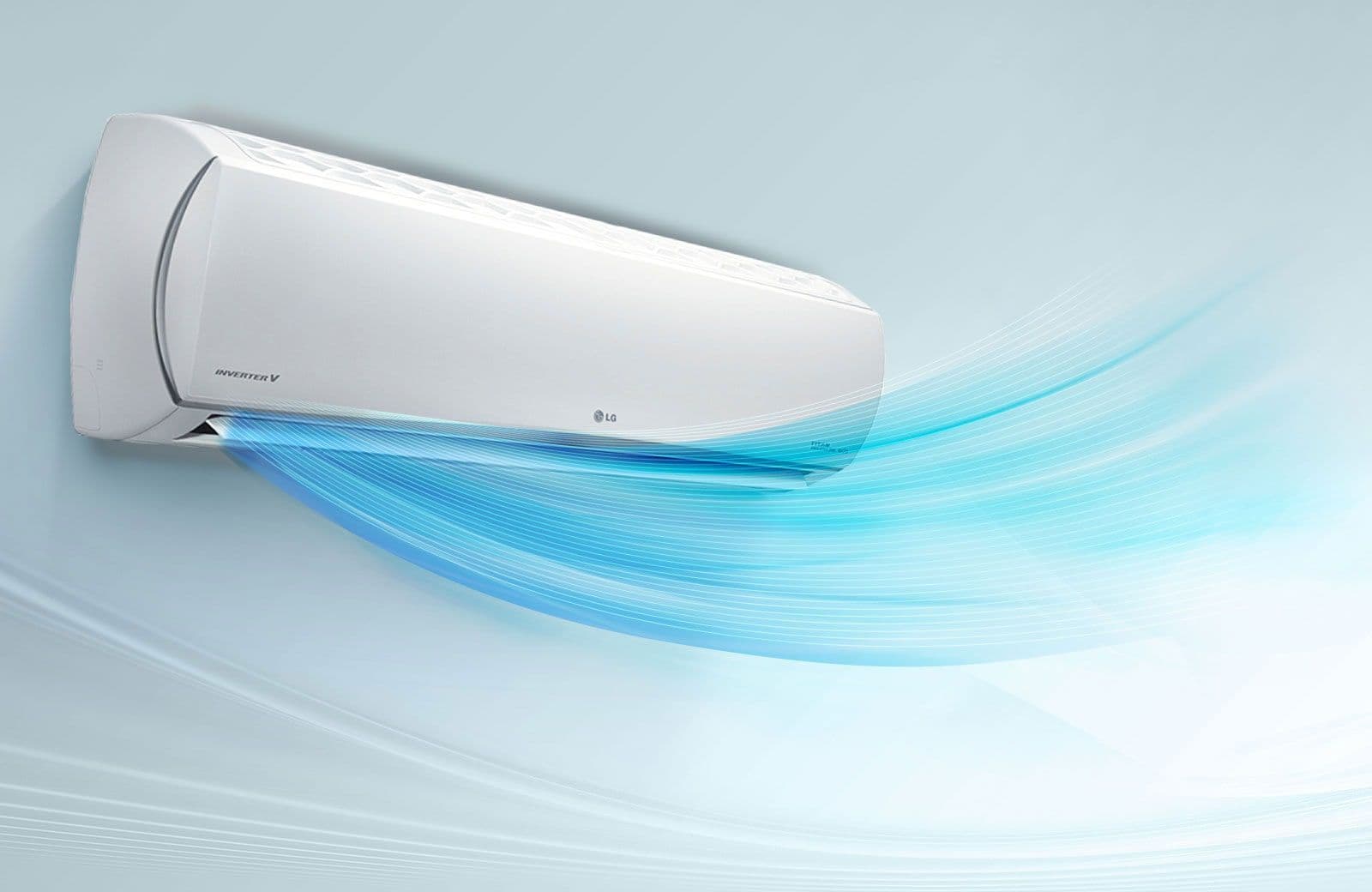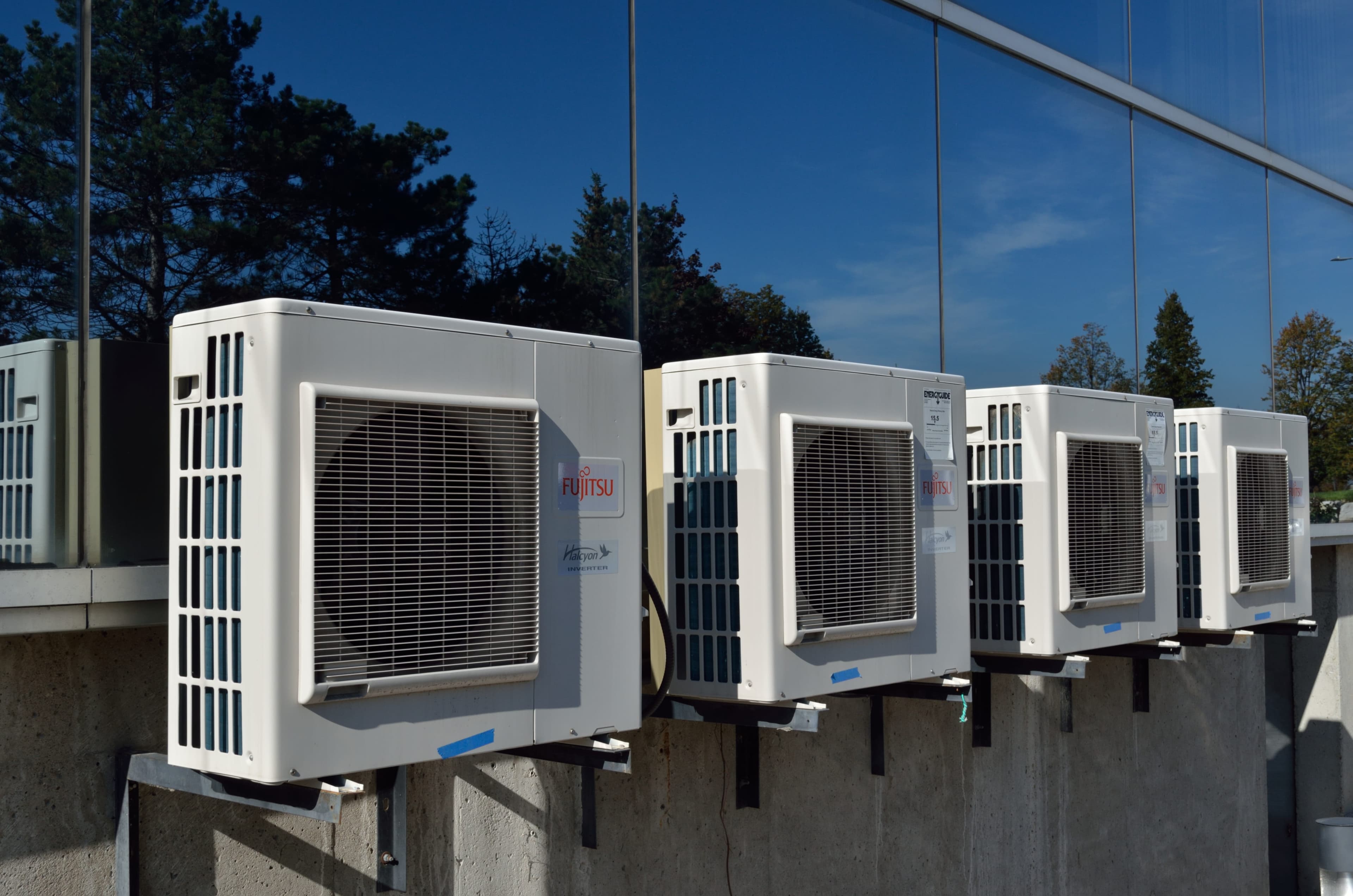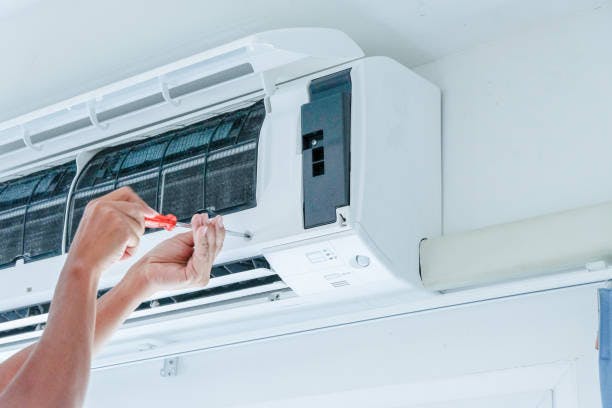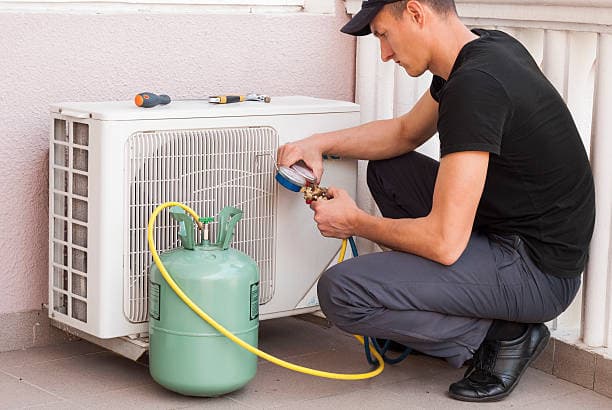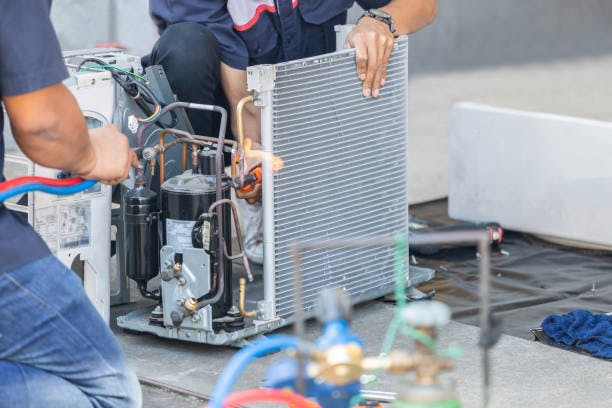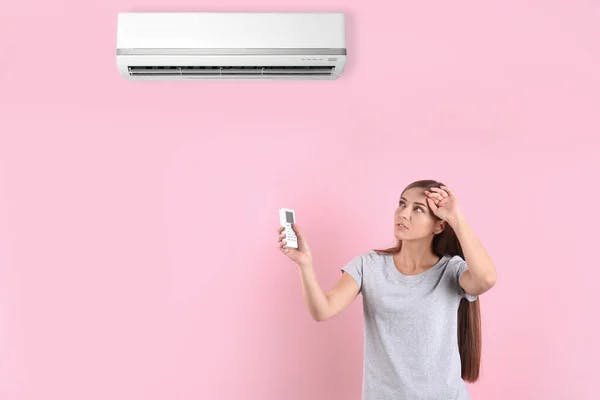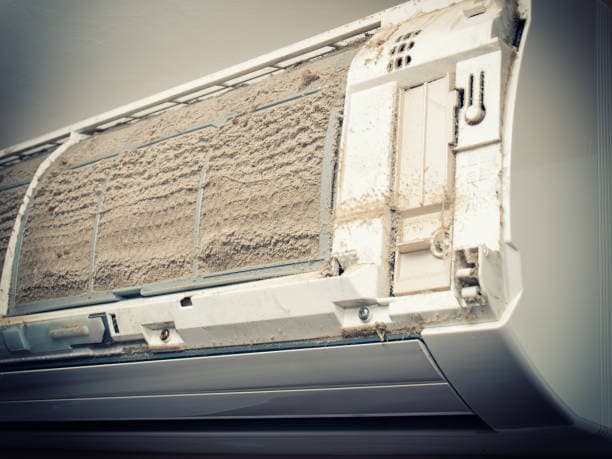When it comes to selecting an aircon system for your home or office, understanding the differences between certain units is essential. Therefore, it is good to know the difference between an inverter and a non-inverter aircon before purchasing either.
We know that both types of aircon serve the same purpose – to cool indoor spaces. But they operate on a different basis. Read more to find out the obvious distinctions between these two types of aircon systems to help with your decision-making process.
Inverter Aircon
An inverter air conditioner utilizes advanced technology to regulate compressor speed, resulting in variable cooling capacity based on the temperature requirements of the room.
Below are some key features and benefits of inverter aircons.
Feature/Benefit | Description |
Energy Efficiency | Inverter aircons known for its energy efficiency. By adjusting the compressor speed to match the cooling load, inverter systems consume less power compared to non-inverter models. This leads to significant energy savings over time. Additionally, the energy-efficient operation not only reduces electricity bills but also contributes to environmental sustainability by minimizing carbon emissions. |
Constant Comfort | To maintain a more consistent indoor temperature, inverter aircons continuously adjusts cooling output. This results in enhanced comfort levels with fewer temperature fluctuations, providing a more pleasant living or working environment. Whether it’s a scorching hot day or a humid, post-rain evening, inverter aircon systems ensure consistent cooling performance to keep you comfortable throughout the day. |
Quieter Operation | Expect a quieter experience with inverter aircons. The variable speed compressor reduces noise levels, resulting in a quieter cooling experience, especially during low-speed operation. This quieter operation not only enhances comfort but also reduces noise pollution, making it ideal for residential and commercial spaces where noise levels are a concern. |
Faster Cooling | You can also achieve your desired room temperature more quickly than non-inverter models. The ability to ramp up compressor speed enables faster cooling upon startup, ensuring rapid temperature reduction for immediate comfort. Whether you’re returning home on a hot day or hosting guests, inverter aircon systems provide quick and efficient cooling to create a comfortable indoor environment in no time. |
Longer Lifespan | The precise control and reduced workload on the compressor contribute to the longevity of inverter aircons. With proper maintenance and regular aircon servicing, inverter systems can last longer and require fewer repairs compared to non-inverter models. This extended lifespan not only saves you money in the long run but also minimizes the hassle of frequent replacements, providing peace of mind for years to come. |
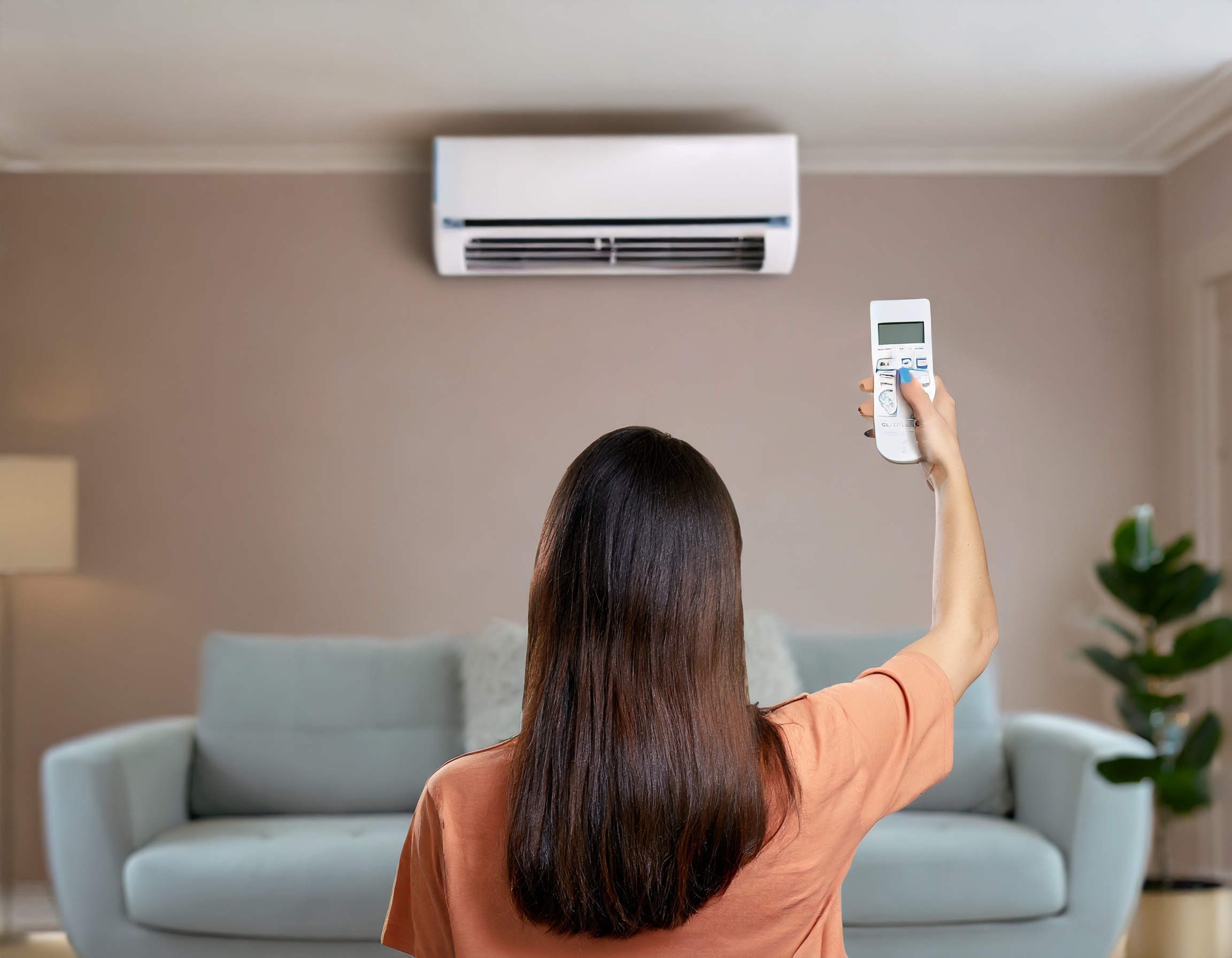
Non-Inverter Aircon
Non-inverter air conditioners operate on a fixed-speed compressor, meaning the compressor runs at a constant speed regardless of cooling demand.
Below are some characteristics and considerations of non-inverter aircons.
| Feature/Benefit | Description |
| Lower Initial Cost | Non-inverter aircons are often cheaper than inverter aircons. This makes them a more budget-friendly option when considering a purchase. This affordability can be appealing for consumers looking to install an aircon system without breaking the bank. However, it’s important to consider long-term operating costs and energy consumption when evaluating the overall value of a non-inverter aircon system. |
| Higher Energy Consumption | Unlike the inverter aircon, non-inverters consume more energy. This is due to their fixed-speed compressor which runs at maximum capacity regardless of cooling requirements. In turn, you’ll be slapped with higher electricity bills over time. So, while they may offer lower upfront costs, their higher energy consumption may not be economically feasible if you’re looking for an affordable option. |
| Temperature Fluctuations | You may also notice that non-inverter aircons may experience more noticeable temperature fluctuation. This is because the compressor cycles on and off to maintain the set temperature. When that occurs, it will lead to less consistent comfort levels – especially during periods of high cooling demand. Hence, while a non-inverter aircon can effectively cool a room, the frequent cycling of the compressor may result in temperature variations that impact overall comfort and satisfaction. |
| Noisy Operation | Fixed-speed compressors in non-inverter aircons also tend to produce more noise during operation. Particularly when the compressor cycles on and off. This may result in a louder cooling experience compared to inverter models. The constant humming and cycling of the compressor can be disruptive, especially in quiet environments such as bedrooms or offices, where noise levels are a concern. |
| Shorter Lifespan | The constant cycling of the compressor in non-inverter aircons can lead to increased wear and tear. Potentially reducing the lifespan of the system compared to inverter models. While proper maintenance and regular aircon servicing can help extend the life of non-inverter units, the fixed-speed compressor operation may contribute to premature deterioration and the need for more frequent repairs or replacements. |
Final Thoughts
The primary difference between an inverter and a non-inverter aircon lies in the compressor technology and cooling operation. While inverter aircons offer superior energy efficiency, constant comfort, quieter operation, and longer lifespan, a non-inverter model will be the more budget-friendly upfront.
However, it’s essential to consider long-term energy savings, comfort, and durability when choosing between the two types of aircon systems. Whether you opt for an inverter or non-inverter aircon, regular aircon servicing by reliable professionals in Singapore is crucial to ensure optimal performance, efficiency, and longevity of your cooling system.
